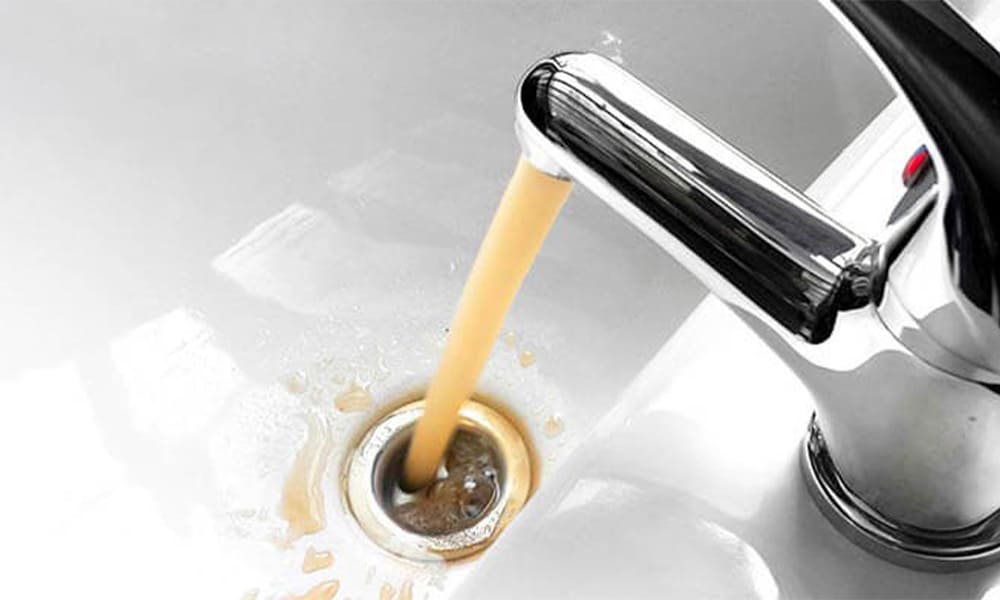In response to the alarming discovery of hydrocarbon contamination in the water sources of several districts in the capital, the Ministry of Health has issued a comprehensive sanitary order to address the crisis. The emergency is estimated to impact around 100,000 residents residing in the cantons of Goicoechea, Moravia, Tibás, Montes de Oca, and San José.
The focus of the order is directed at the Costa Rican Institute of Aqueducts and Sewerage (AyA), which has been instructed to adhere to a set of stringent provisions aimed at mitigating the impact on affected communities.
Among the key directives, AyA is mandated to provide drinking water of both adequate quality and quantity for the residents in the affected districts, including Anselmo Llorente, Calle Blancos, Carmen, Cinco Esquinas, Colima, Guadalupe, León XIII, Merced, Mercedes, San Francisco, San Juan, San Vicente, and Uruca. Authorities have underscored the urgency of this provision to ensure the health and well-being of the affected population.
AyA is further required to submit a schedule and daily reports of water samples from the Los Sitios – Guadalupe – Tanque San Blás supply system. An immediate and thorough investigation into the origin of the detected contamination has also been demanded.
In light of the emergency, authorities are strongly advising against drinking water in the affected areas. They emphasize that individuals who suspect having consumed contaminated water should promptly consult a doctor. Recognizable symptoms associated with the consumption of contaminated water include throat irritation, skin irritation, stomach problems such as heartburn, nausea, vomiting, and difficulty breathing.
The Ministry of Health stresses the importance of water being colorless, odorless, and tasteless. Residents are urged to follow guidelines and report any taste or odor of diesel, gasoline, kerosene, or other hydrocarbons in their water supply.
The Costa Rican Institute of Aqueducts and Sewerage (AyA) initially denied any contamination when residents reported an unusual odor and taste in the water. However, subsequent investigations confirmed the presence of hydrocarbons, prompting the urgent implementation of preventive measures.
Several cantons in the province of San José have reported health problems associated with the contaminated water. The Health Area of Goicoechea 2, for instance, has noted an increase in consultations for diarrhea, vomiting, and gastrointestinal symptoms in recent days.
A concerning incident involved a 64-year-old resident of Llorente de Tibás, who was intoxicated after consuming contaminated water. The woman had to be rushed to Hospital México’s Emergency Room as her symptoms worsened, requiring assistance in a wheelchair.
As the situation unfolds, the Ministry of Health remains vigilant, actively monitoring and responding to the evolving crisis, prioritizing the well-being of the affected population.






